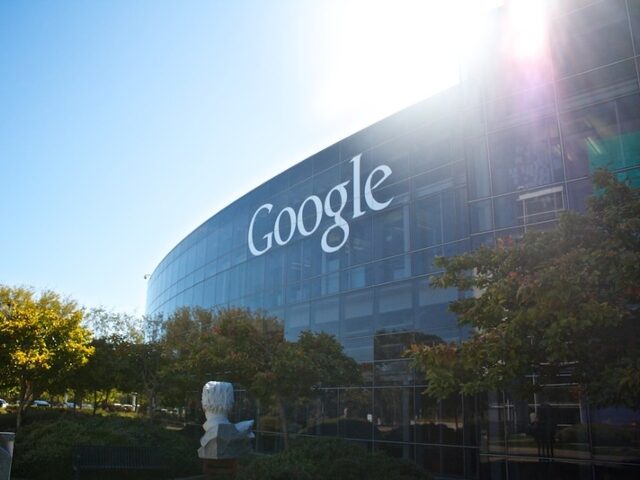Touble for Big Tech: Google Exec Admits Productivity Gains from AI Are Not ‘Guaranteed’
 Niharb/Flickr
Niharb/Flickr
James Manyika, Google’s senior vice president for research, technology and society, believes artificial intelligence breakthroughs are coming fast, but translating the technology into real economic gains will require significant work and innovation. In fact, he thinks that the productivity gains from AI that big tech has pinned their hopes on are no “guaranteed.”
The Financial Times reports that in a recent interview, James Manyika, Google’s senior vice president for research, technology and society, discussed the advancements, challenges, and potential of AI adoption across various industries. Manyika, who holds a robotics doctorate from Oxford and previously worked at McKinsey, believes that while AI has made significant strides in the past year, its widespread adoption and productivity gains are not guaranteed without considerable effort and investment.
Manyika highlighted the development of transformers, the technology behind large language models (LLMs), which have allowed Google Translate to expand its language support and enabled Google’s Gemini chatbot to handle increasingly complex queries. However, he acknowledged that most people still see AI as fun apps rather than business tools that could help to revolutionize workforces.
To truly harness the potential of AI, Manyika emphasized the need for large sectors such as healthcare and retail to adopt the technology. “The use of generative AI in drafting software code alone is not sufficient to drive significant productivity gains, as the tech sector only accounts for about 4% of the U.S. labor force,” he said. Instead, he envisions AI assisting professionals like nurses, doctors, and tutors rather than replacing them entirely.
Manyika added: “Right now, everyone from my old colleagues at McKinsey Global Institute to Goldman Sachs are putting out these extraordinary economic potential numbers — in the trillions — [but] it’s going to take a whole bunch of actions, innovations, investments, even enabling policy . . . The productivity gains are not guaranteed. They’re going to take a lot of work.”
Manyika also addressed concerns about executives being incentivized to replace workers with AI instead of using the technology to augment their capabilities. Manyika stated that companies should use AI to increase their top line and create more valuable outputs, rather than solely focusing on cost-cutting measures. Discussing potential use cases for law firms, Manyika said: “You don’t win by cutting costs. You win by creating more valuable outputs. So I would hope that those law firms think about, ‘OK, now we have this new productive capacity, what additional value-added activities do we need to be doing to capitalize on what is now possible?’ Those are going to be the winning firms.”
When questioned about the potential risks associated with the rapid rollout of AI products, Manyika acknowledged that Google has had many internal debates about the release of certain AI features. “Half the time, people think we shouldn’t release anything. Half the time, people think we’re being too slow. We won’t always get those things right, I think that’s OK,” he said. Google has “had lots of things that it’s held back. When I was joining the company, it made a choice not to put out facial recognition technology.”
Read more at the Financial Times here.
Lucas Nolan is a reporter for Breitbart News covering issues of free speech and online censorship.
Source link

